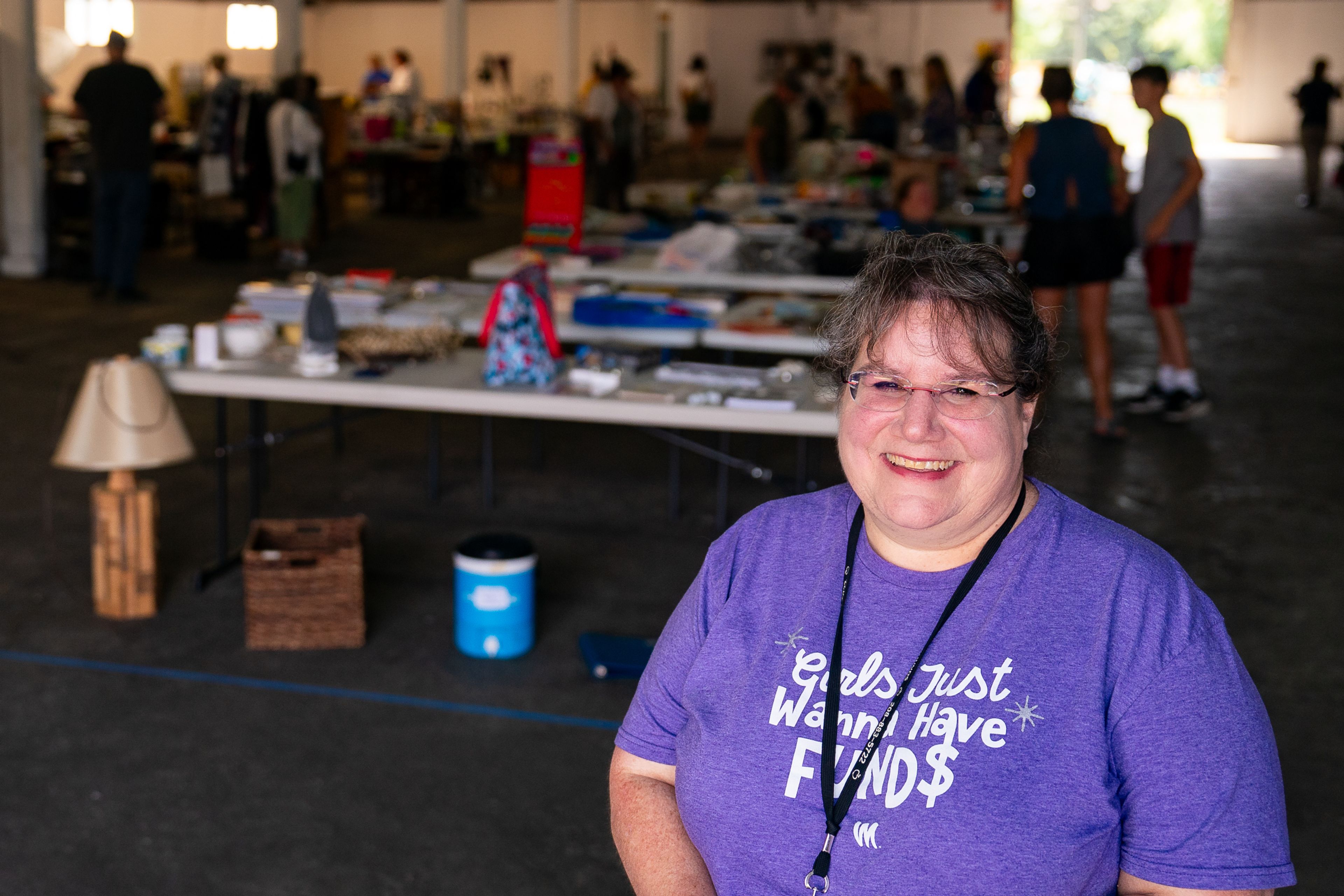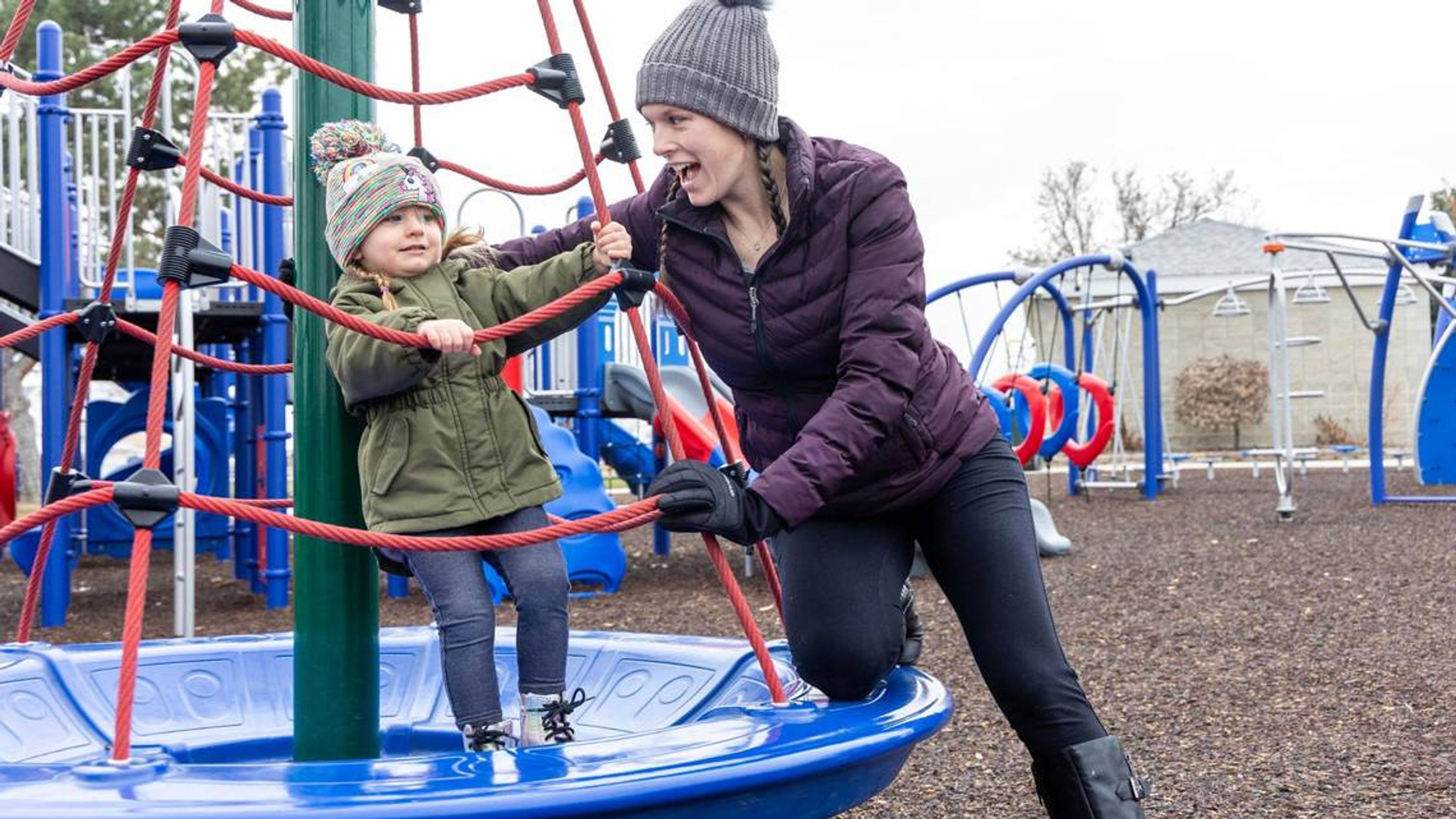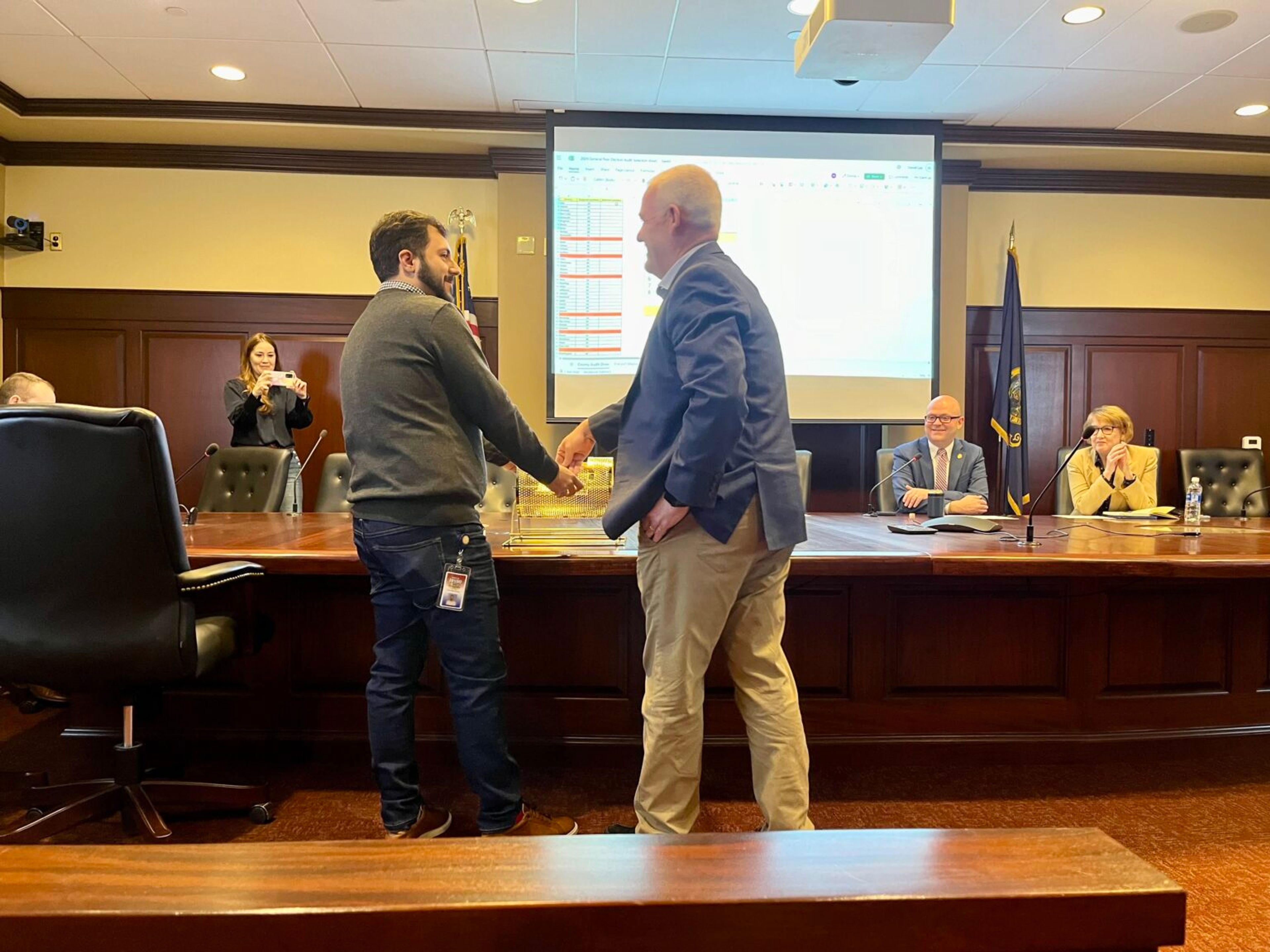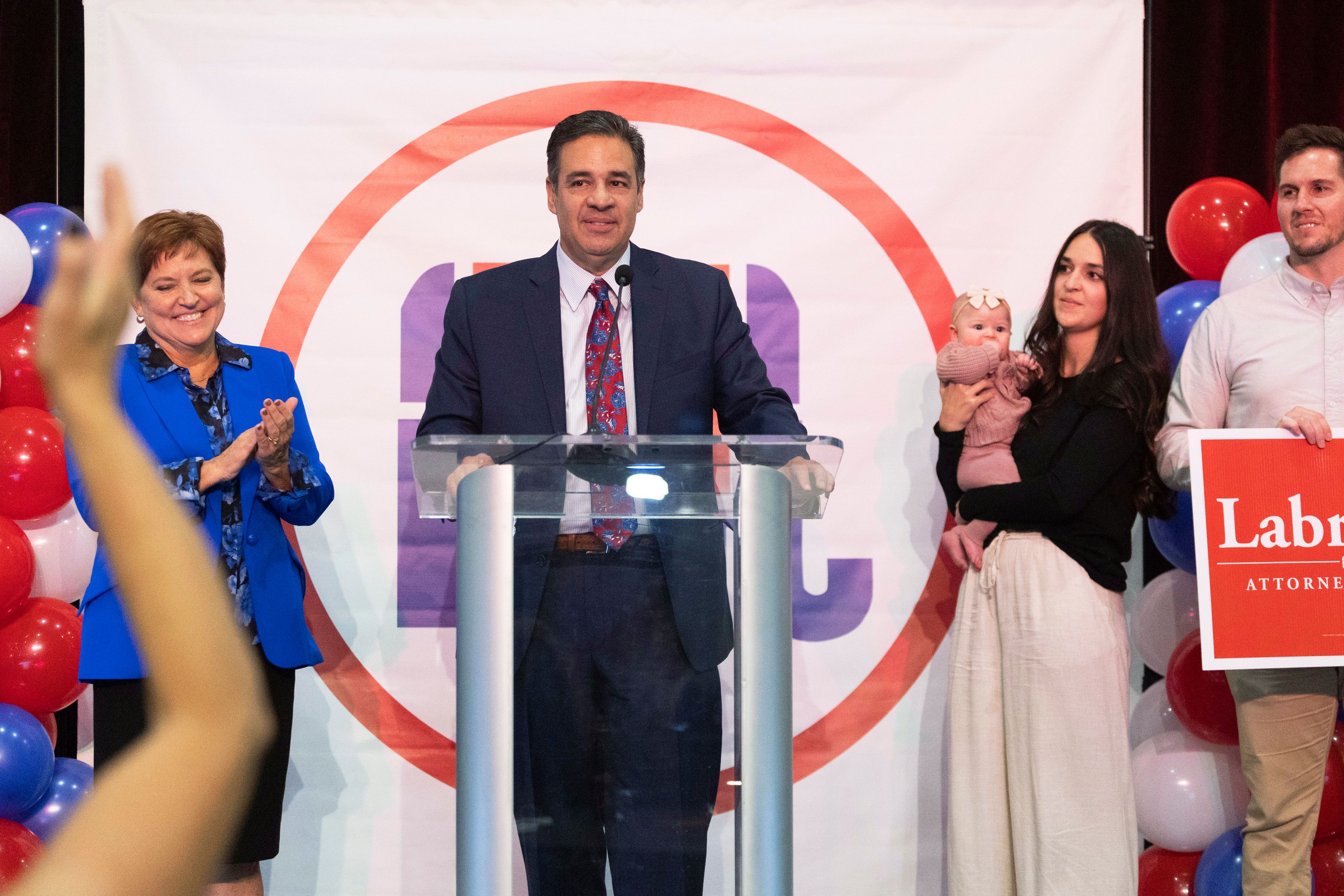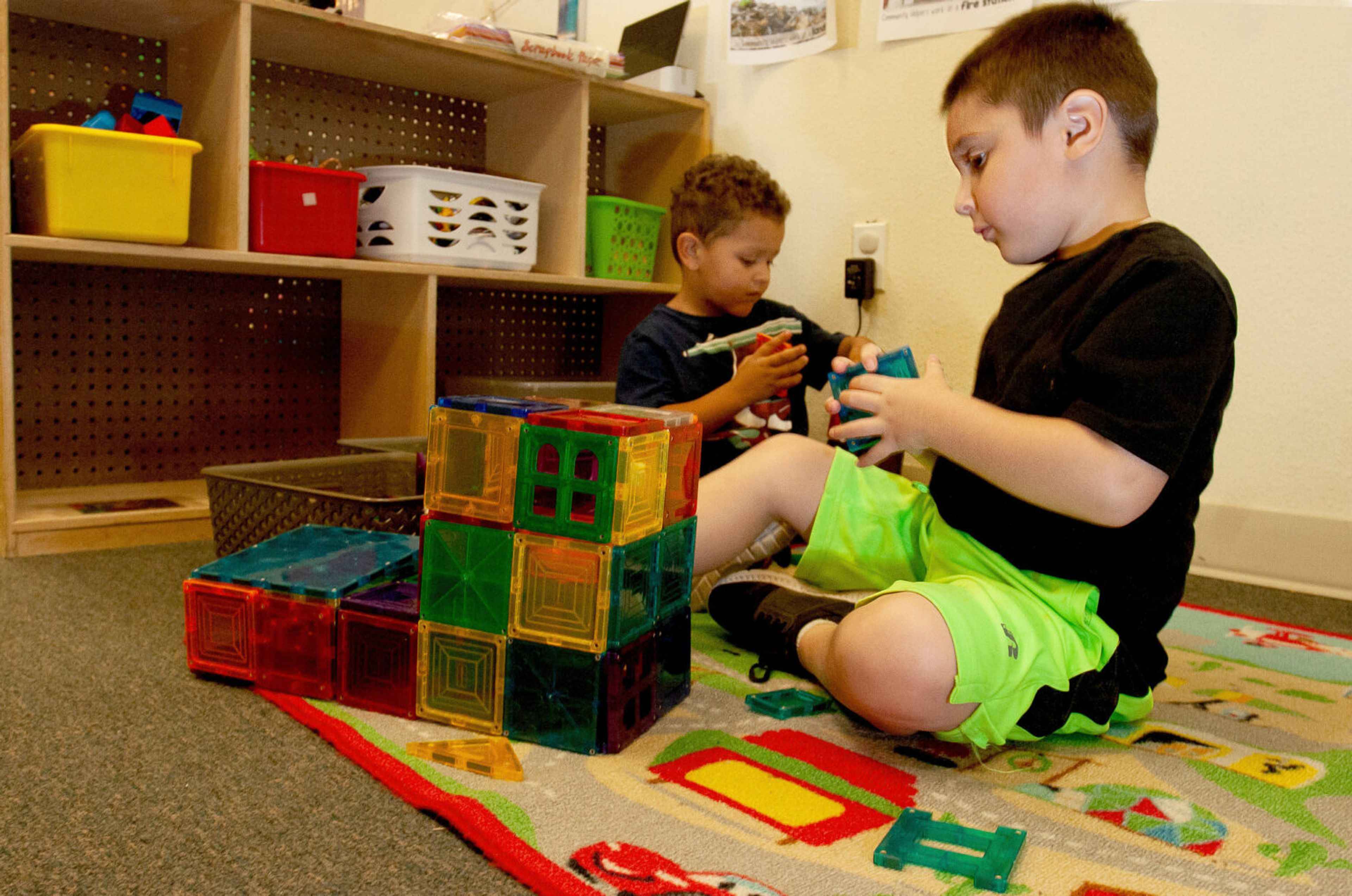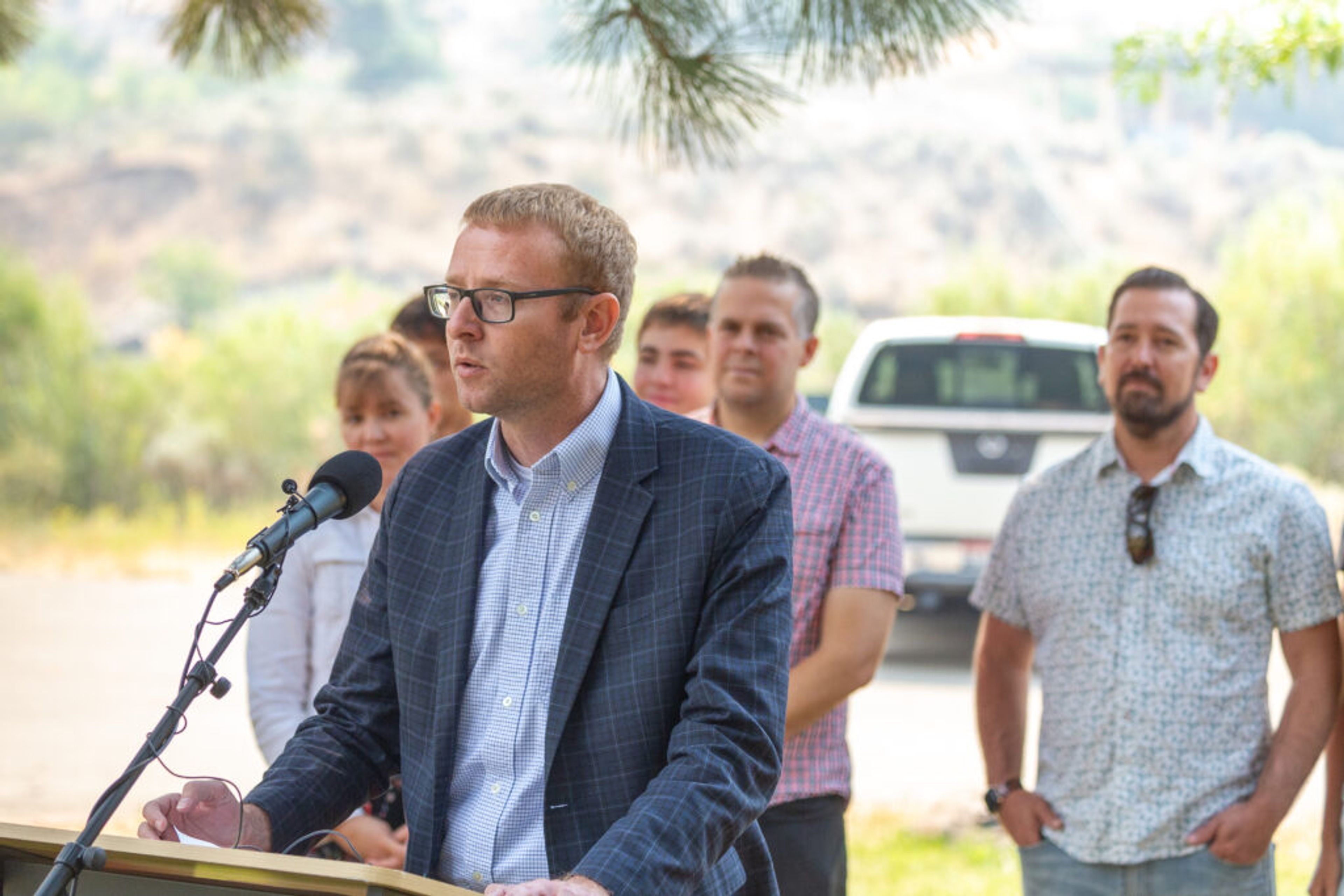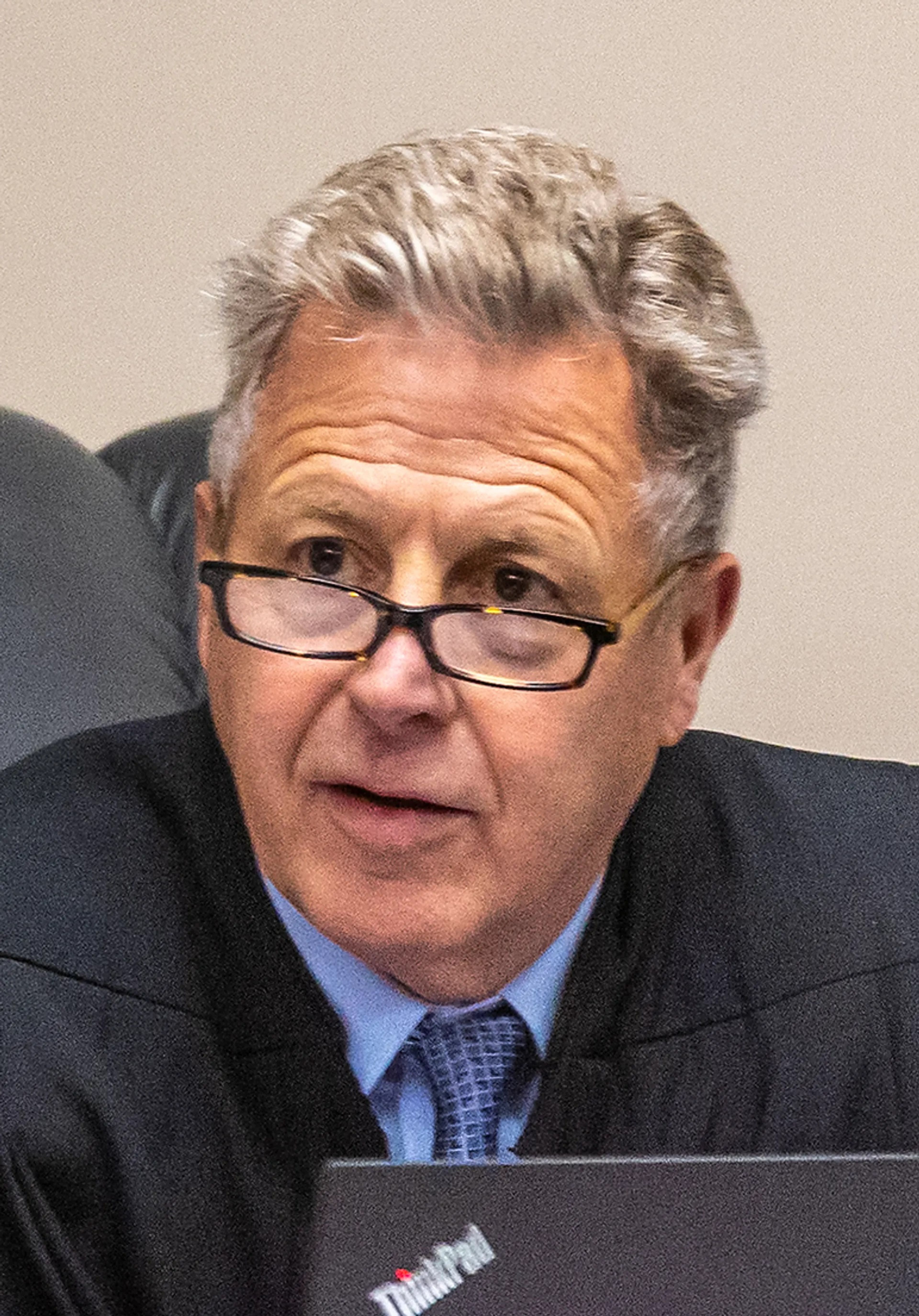UI Extension offers ‘Broke January’ to help people with finances
Monthlong program launches ‘discussion’ to get folks thinking about efficiency
In January, when many people are intent on slimming down their waistlines, Karen Richel is focused on fattening peoples’ pocketbooks by slimming down their expenditures.
“Broke January,” a 31-day online challenge to reset and re-examine personal monthly expenditures, is in its second year of experience. Richel, a University of Idaho Extension certified money coach, developed the program, along with the highly popular Declutter Challenge that, last year, drew more than 250 participants.
“People come to it thinking of it as a class, but it’s a group discussion,” Richel said of the “Broke January” challenge. “I present tools and resources and we talk about how we feel” about cutting back on spending.
“It really is kind of an open forum where people can share what they think.”
Registration for the two challenges remains open until Jan. 15, but Richel said people can contact her via email about participating at any time.
“This is a concept that I used with some of my clients to help them reset spending habits and save a little cash on the side,” Richel explained. She first learned of the technique while in college and admits that it’s not a “fun and easy month.”
Last year there were about 54 people who signed up for the course; only 15 saw it through to the end.
“This challenge is self-motivated,” she said. “You get what you put into it.”
The challenge starts with having participants make a list of their essential bills, such as rent or mortgage, gas, groceries, utilities, health insurance and medications.
Next come the “necessary evils,” such as cable, internet, satellite, cellphones and subscriptions. Richel suggests participants look over those costs to see if any changes can be made to cheaper plans, cancellations or adjustments.
Participants are then asked to give up dining out, entertainment, take-out coffee, lottery tickets, trips, parties, manicures, haircuts and shopping for anything other than groceries.
“I promise, you won’t die without these expenses for 31 days,” she said.
Richel urges participants to stop and think before they buy.
“This is the hardest thing. We are used to just handing the cash or credit cards over for the things that we need or want. Now I am asking you to pause for a minute before you add an item to the cart and think about if it is necessary; if you can live without it for a month and what you are missing out on because of its purchase.”
Richel said even if people are not tremendously big spenders, the feedback they get from others in the once-a-week Zoom meeting is helpful.
“So it’s not just me,” she said. “There are people that know how to do this stuff. They’ve figured out tricks and tools and that’s where it’s a lot of fun.”
At the end of the 31-day challenge Richel awards prizes to some of those who have stuck it out and completed the course.
Richel said most of the participants in last year’s “Broke January” challenge did not immediately go back to their previous habits of spending after the month concluded. Six months later she checked in with them again “and they were still very cautious on the way they were spending their money. It’s fascinating those little things that just add up.”
The program is free. Richel relies on donations from individuals and corporations to pay for the supplies.
Although there is high interest in the program, Richel said she believes fewer people participate in it than in the Declutter challenge because “I think people don’t like to be told how to deal with their money. Everybody has a strong desire to do better with their money but when it is put out there, if you’re not 100% in wanting to make those changes, it’s harder to do.
“I want (people) to get the resources, the videos and other resources. Even if we’re planting a little seed of how to be a good money manager, somebody is going to pick something up, even if they don’t participate.”
Richel may be reached at krichel@uidaho.edu.
Hedberg may be contacted at khedberg@lmtribune.com.
